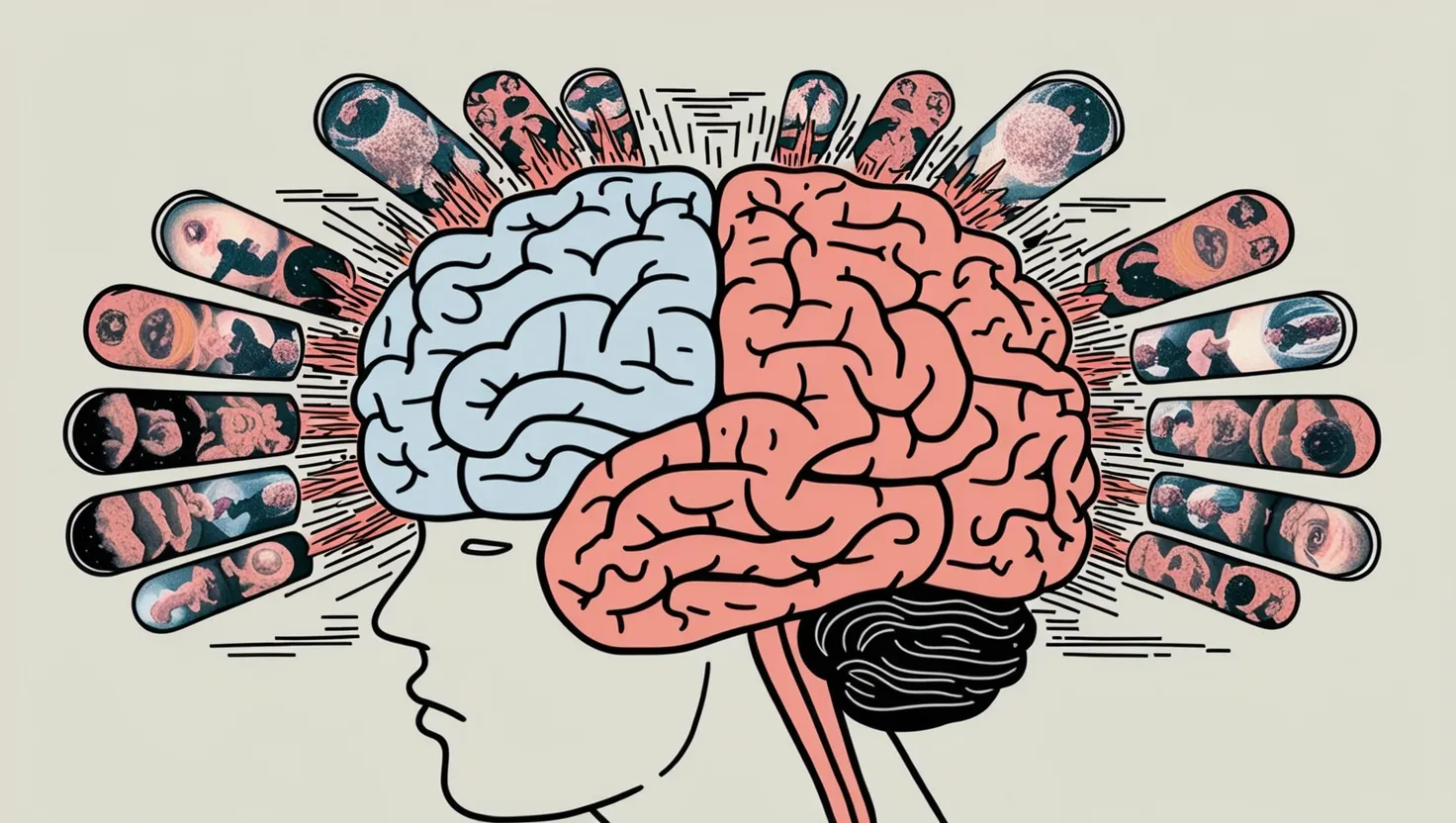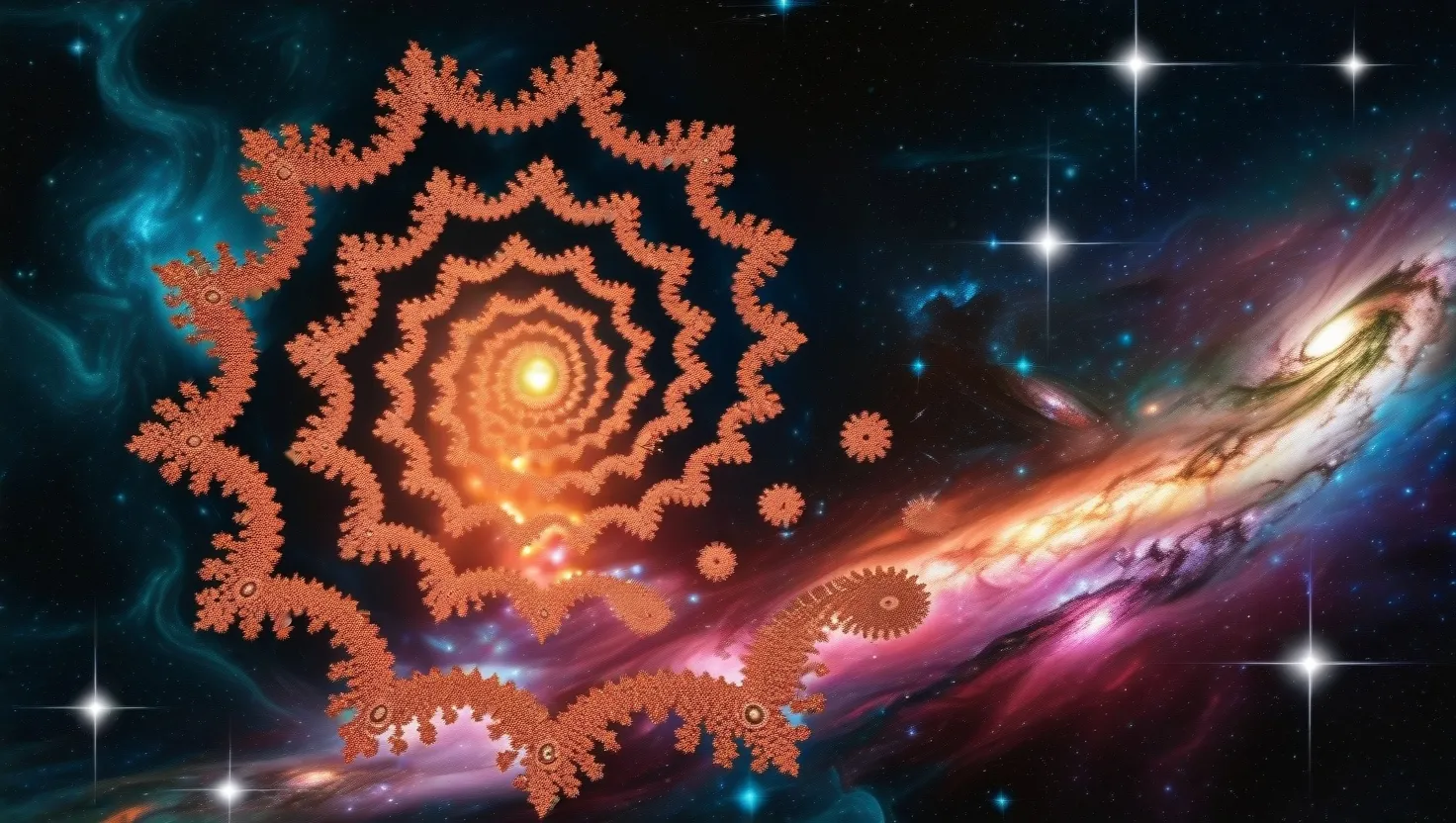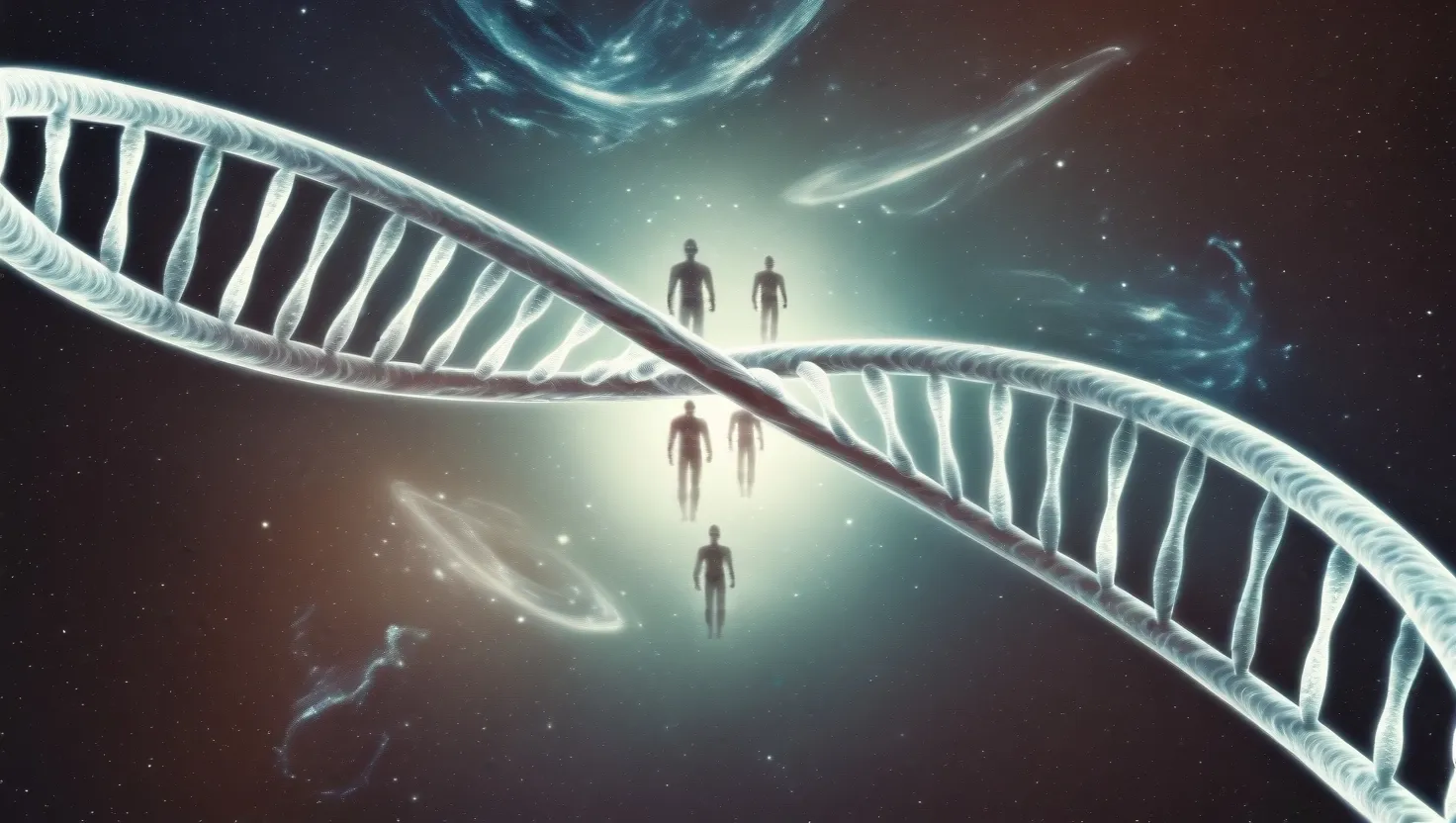When we think about the power of the mind, we often hear about the placebo effect, where positive expectations can lead to real improvements in our health. However, there’s a lesser-known but equally fascinating counterpart: the nocebo effect. This phenomenon shows how negative expectations can manifest as real, harmful symptoms, and it raises some intriguing questions about the nature of reality itself.
Imagine being told that a new medication you’re about to take has severe side effects. Even if the medication is just a sugar pill, you might still experience those side effects because your mind believes they will happen. This is the nocebo effect in action. It’s as if your negative expectations have the power to create a reality where your worst fears come true.
One of the most striking examples of the nocebo effect is the case of the “penis panic” in Singapore in 1967. Men began to panic and believe that their penises were shrinking after eating pork from pigs inoculated with an anti-swine-fever vaccine. Despite there being no evidence of any physical change, hospitals reported treating hundreds of men who were convinced of their condition. This mass psychogenic illness highlights how powerful negative beliefs can be.
The nocebo effect is not just limited to medications or medical procedures. It can also be influenced by the way healthcare providers communicate with their patients. If a doctor delivers bad news in a harsh or unsympathetic manner, it can worsen the patient’s prognosis. On the other hand, a kind and supportive doctor can improve outcomes. This shows that the mind-body connection is deeply influenced by external factors, including the people around us.
Recent studies have delved deeper into how the nocebo effect works. For instance, research by Alia Crum at Stanford University found that even bystanders’ comments can influence our physiological responses. In one study, participants were told they were drinking caffeinated water, which caused their blood pressure to rise, even though the water was just plain. When a bystander mentioned that they didn’t feel any effects from the same water, the participants’ blood pressure dropped. This demonstrates how easily our bodies can be influenced by what we believe and what others tell us.
The nocebo effect also raises questions about individual variability and personality traits. People with pessimistic and anxious personalities tend to experience the nocebo effect more frequently. This is because their negative expectations can enhance activity in the hypothalamic-pituitary-adrenal axis, increasing anxiety and sensitivity to pain. Additionally, the deactivation of dopamine, the “feel-good” neurotransmitter, can amplify negative feelings, leading to a more adverse response.
Now, let’s venture into the more speculative and intriguing aspect of this phenomenon: the idea that our negative thoughts might be creating alternate realities. While this sounds like the stuff of science fiction, it’s an area that some researchers are exploring at the intersection of psychology and quantum physics.
In quantum mechanics, the concept of parallel universes or the multiverse suggests that every possibility exists in a separate reality. If we apply this idea to the nocebo effect, it’s possible to hypothesize that our negative thoughts could be triggering the creation of parallel universes where our worst fears are realized. This is a highly speculative idea, but it challenges us to think about the power of our minds in a completely new way.
Imagine that every time you worry about something, you’re not just affecting your current reality but also potentially creating a new one where that worry becomes a reality. This would mean that our thoughts are not just passive reflections of our experiences but active creators of our realities.
While this theory is far from being proven and is more of a philosophical musing than a scientific fact, it does highlight the profound impact our minds have on our lives. It suggests that we have a responsibility to manage our thoughts and beliefs, not just for our own well-being but possibly for the very fabric of reality.
In practical terms, this means being mindful of how we communicate with others and how we perceive information. For example, if you watch a documentary about the supposed health dangers of Wi-Fi, you might start experiencing symptoms even if you’re not exposed to any radiation. This is because your mind has been primed to expect those symptoms.
The nocebo effect also underscores the importance of positive communication in healthcare. Doctors and healthcare providers have an ethical obligation to inform patients about potential negative outcomes, but they must do so in a way that does not exacerbate the nocebo effect. A supportive and hopeful attitude can make a significant difference in a patient’s prognosis.
In conclusion, the nocebo effect is a powerful reminder of the mind-body connection and the influence our beliefs have on our health. While the idea that our negative thoughts might be creating parallel universes is highly speculative, it encourages us to think deeply about the power of our minds and the importance of managing our thoughts and beliefs.
As we navigate the complexities of health and well-being, it’s crucial to remember that our attitudes and those of our healthcare providers can significantly impact our outcomes. By being aware of the nocebo effect and its potential to shape our realities, we can take steps to mitigate its negative impacts and foster a healthier, more positive mindset.
So, the next time you find yourself worrying about something, take a moment to reflect on the power of your thoughts. Are you creating a reality where your fears come true, or are you crafting a path towards health and well-being? The answer lies in the intricate dance between your mind and body, and the choices you make every day.






